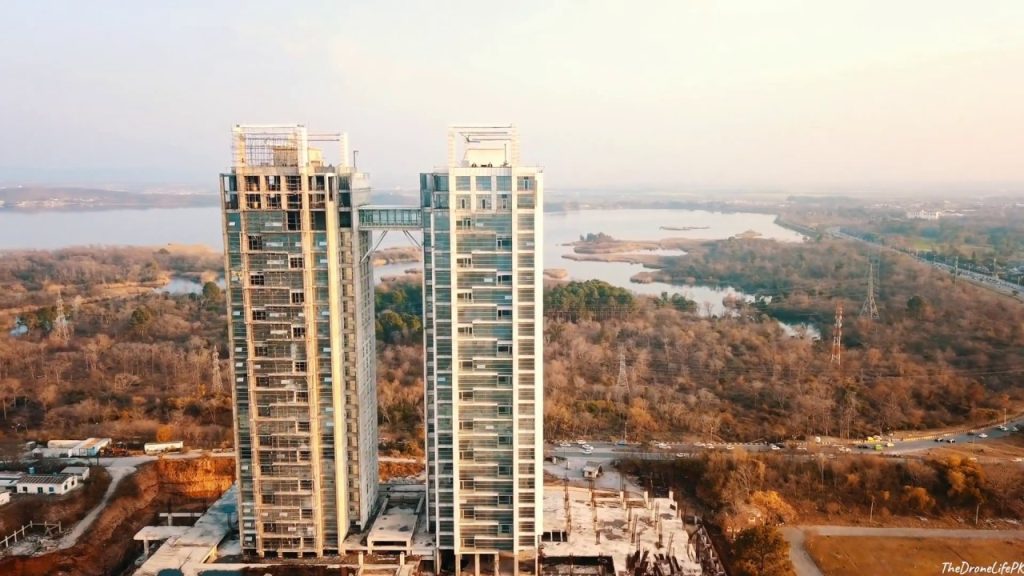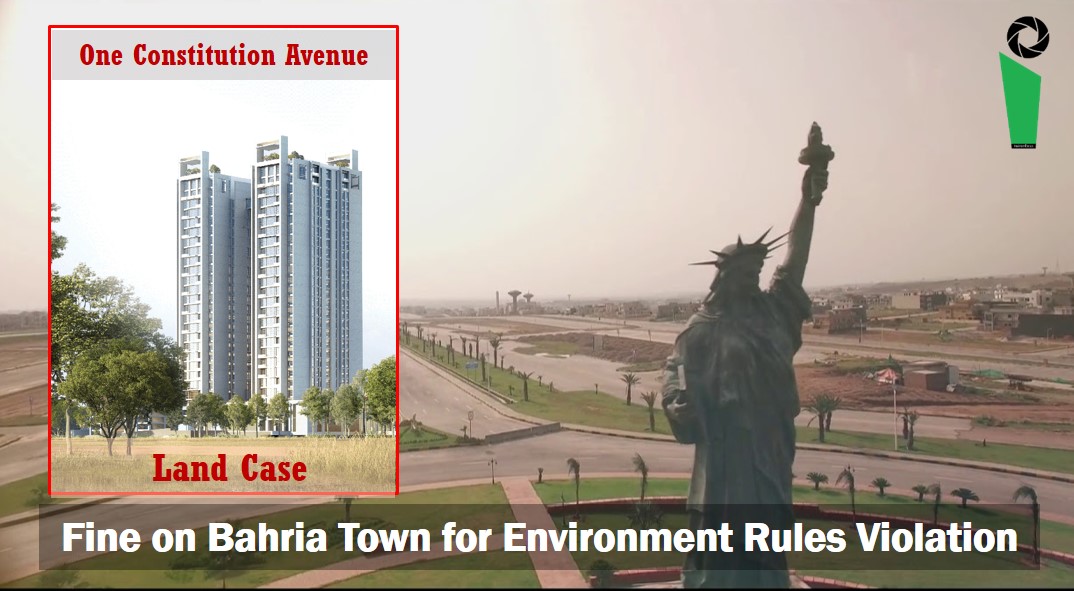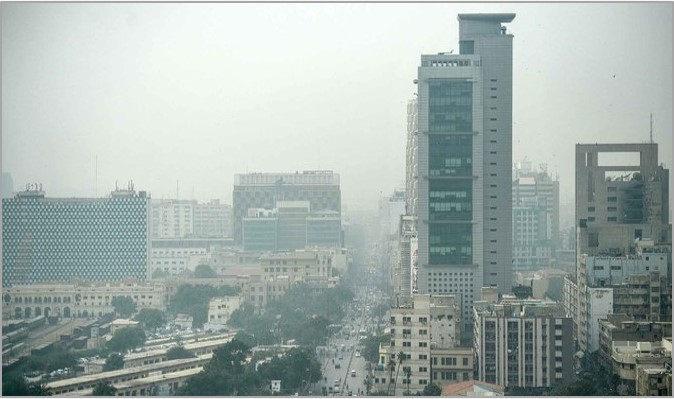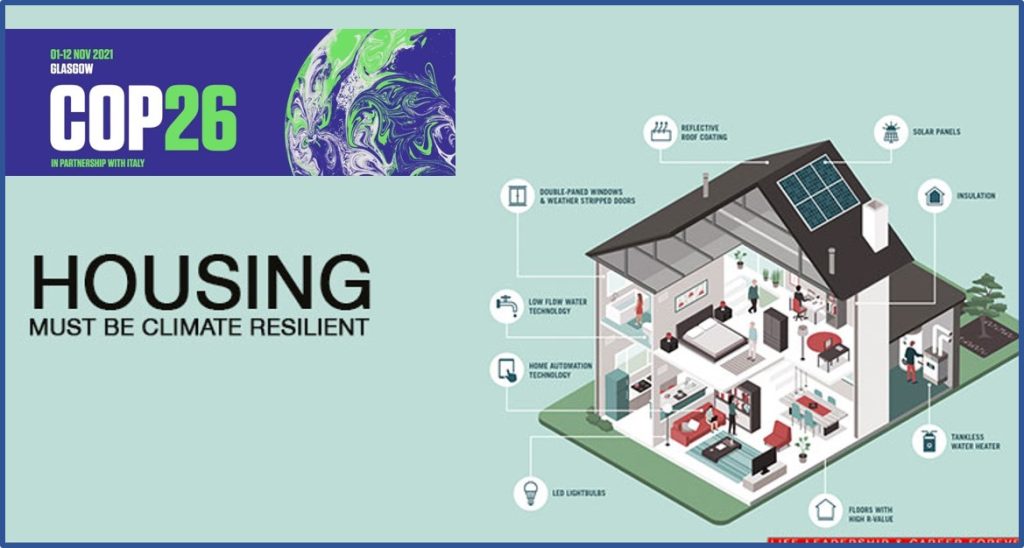18 June 2023
Fine on Bahria Town for Environment Rules Violation
The Environmental Protection Tribunal Islamabad this week imposed a fine of Rs 33.5 million on Bahria Town Private Limited for persistently not seeking prior environmental approval of its housing schemes in contravention of Section 12 of the Pakistan Environmental Protection Act 1997. The tribunal announced its decision on a complaint filed by the Pakistan Environmental Protection Agency (Pak-EPA) against the Bahria Town for initiating its Bahria Enclave-I project in Morian, Malot, Jagiot, Begwal, Tumair, Sihaili and Darkala mouzas in under Zone-IV of the Islamabad Capital Territory (ICT) without seeking any approval from the Agency. The said amount is the highest ever penalty imposed on any firm or entity flouting the PEPA Act 1997.

Although, the Bahria Town pleaded before the tribunal that the scheme had already sought environmental approval from the relevant agencies and initiated its construction work after meeting the codal formalities, and tried to prove by presenting documentary evidence indicating proper approvals in the back dates. The tribunal, however, presented Google images of the project sites before the complaint and after the reported time period to check the on ground situation. It was noted that the images confirmed that the construction work had started prior to the dates indicating environmental approval for the project, including excavation work at various spots.
One Constitution Avenue Land Case
Since its auction in 2005, the One Constitution Avenue project, initiated by BNP (Pvt) Ltd, has been surrounded by controversies. As relating to the high-profile land case, the Supreme Court of Pakistan dismissed a petition filed by BNP (Pvt) Ltd and declared it “infructuous”. The multibillion land originally meant for a hotel but later converted into an apartment complex called One Constitution Avenue. Headed by Chief Justice of Pakistan (CJP) Umar Ata Bandial, a three-judge Supreme Court offered the petitioner the option to withdraw it or face dismissal. The bench regretted because the petitioner had initially entered into a lease agreement with the Capital Development Authority (CDA) but later failed to fulfill its obligations. The bench noted that the petitioner now sought to reduce the agreed payment from Rs17.5 billion to Rs10 billion, which was not feasible. Moreover, the court emphasized that the earlier judgment still stood, and the petitioner should adhere to it.

In addition, the CDA argued that it had already terminated the lease agreement with the private firm and taken possession of the property. The CDA had initially canceled the lease for the 13.5-acre plot in 2016 due to violations and irregularities. The IHC upheld the CDA’s decision, but it was later overturned by the Supreme Court in 2019. In response, the court directed the private firm to pay the CDA Rs. 17.5 billion in installments over eight years. However, the company failed to fulfill its commitment after making the first payment. Referring to the third party interest (residents of the apartments) who also appeared before the court, the bench asked them to pursue their remedy in accordance with the law i.e. they have to pursue their matters before the high court.
Hot Temperature alarms South Asia
A World Bank report titled, “Thermal Comfort and Indoor Air Quality in South Asia says one in five people in South Asia are estimated to be at high risk due to a lack of access to cooling and safe indoor temperatures which are not a luxury but a development imperative. Released on this week, the report focuses on buildings in Bangladesh, India and Pakistan, while covering South Asian countries, including Afghanistan, Bhutan, the Maldives, Nepal, and Sri Lanka, the report says as temperatures rise because of the climate change, demand for cooling and ventilation is expected to skyrocket, with large energy and climate implications. The region has one of the highest concentrations of black carbon emissions globally, emanating from vehicles, stoves, agricultural practices and industries.
The report overall highlights the potential of passive interventions at early stages of the design process, such as improving building orientation and layout, for cost-effective, low-carbon cooling and ventilation throughout South Asia. Exposure to air pollution contributes to nearly 20% of all causes of death and exacerbates acute and chronic respiratory illnesses in millions of people in South Asia. Most air contaminants are often found at the highest levels in densely populated metropolitan regions and industrialised zones. The report mentions that concerted efforts are required to prepare South Asia for higher temperatures and extreme heat. It is essential to design, construct and operate buildings that adapt to the changing climate while sufficiently satisfying the cooling and ventilation needs of the region`s growing population.
Climate-resilient Infrastructure in Tribal Areas
The World Bank`s Board of Executive Directors has approved $200 million to strengthen the state capacities to deliver basic services and climate-resilient rural infrastructure in tribal districts of Khyber Pakhtunkhwa. The amount also includes investments for post-flood rehabilitation and reconstruction, and as part of the programme agreed with Pakistani government to respond to the devastating floods that hit the country in the summer of 2022, and build a climate-resilient Pakistan, according to a news release issued by the World Bank`s resident mission in Islamabad. It said the Khyber Pakhtunkhwa Rural Investment and Institutional Support Project was the first phase of a multiphase approach to increase access to resilient and reliable basic services for rural households in KP`s tribal districts.
The project would support the extension of state systems to deliver public services in tribal districts as well as investments in critical and basic rural infrastructure, besides supporting emergency reconstruction and rehabilitation of flood protection infrastructure damaged by the 2022 floods. Infrastructure investments in water supply and sanitation, rural roads, agriculture, and irrigation will be done in a way to strengthen climate-resilience, in the face of increasing frequency and severity of extreme weather events in Pakistan. It is also ensure that communities are involved in participatory planning, budgeting, monitoring, and improving social accountability systems, while focusing on institutional strengthening and capacity building of village councils.




